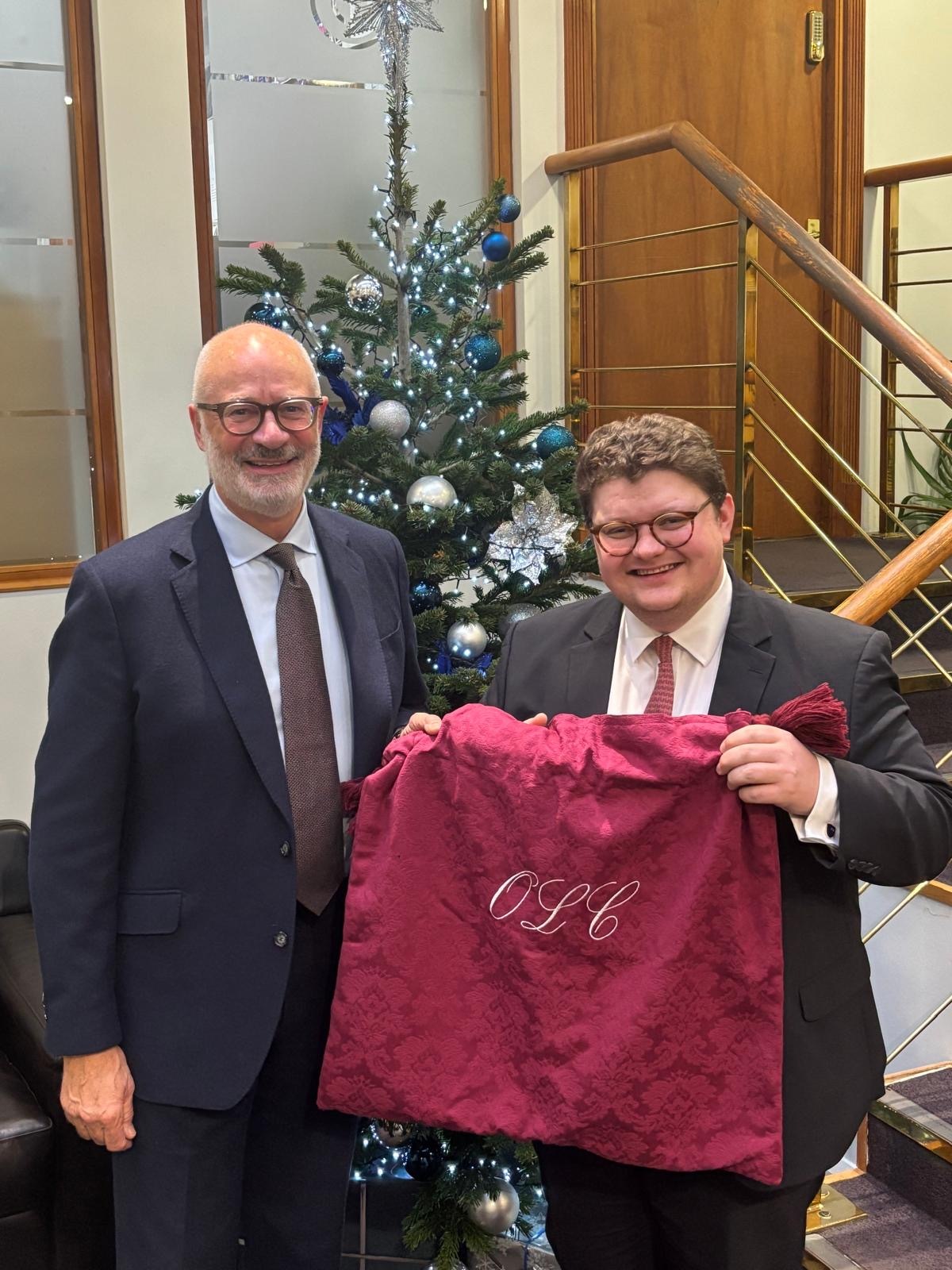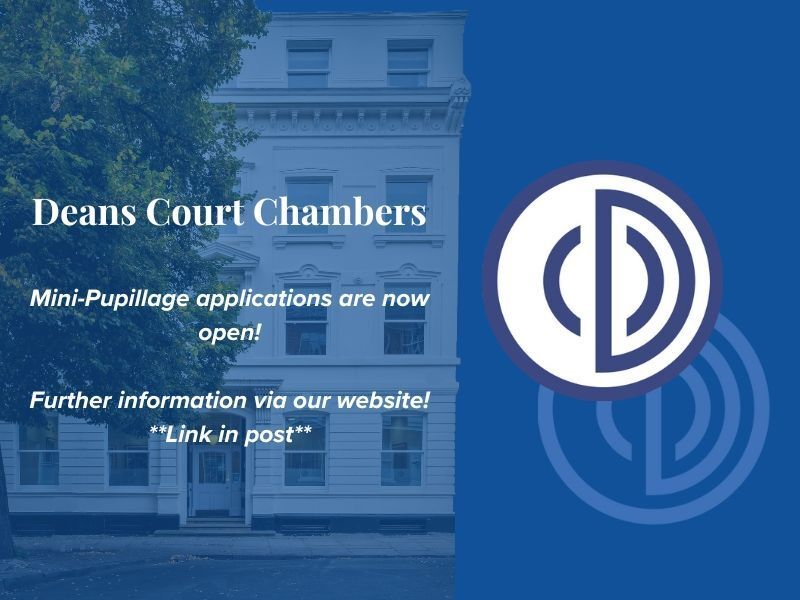Simon McCann secures a double finding of fundamental dishonesty in a public liability case, and secures an enforceable Order for costs for insurers
Simon McCann secures a double finding of fundamental dishonesty in a public liability case, and secures an enforceable Order for costs for insurers.
The Claimants were pedestrians using an ATM outside a convenience store in the Midlands. A tile fell from the roof and onto a parked car. The Claimants alleged that that they had been hit by pieces of the tile and that, in a bid to get away from the debris, they had both been pushed to the ground. The First Claimant alleged that he had received neck injuries, whilst the Second Claimant alleged that she had exacerbated an ankle injury.
The store had some CCTV of the incident but this had been mislaid by the time the claim was intimated. The Claimants knew that the CCTV had gone missing. They told their respective medical experts of their orthopaedic injuries.
After a Defence putting the Claimants to proof had been filed, the CCTV was located and disclosed. The Defence was amended to plead fundamental dishonesty, because the CCTV showed that not only had neither of the Claimants been pushed to the floor, but that neither had been hit by any piece of the tile. The Claimants promptly discontinued, and their solicitors came off record.
The Defendant, through its insurers, made an application under CPR 44.16(1) to disapply the QOCS protection.
After a full hearing and cross-examination, the District Judge found that both claims were fundamentally dishonest, and made an enforceable order for costs against the Claimants.
The Judge held that the Claimants alleging that they had been pushed and fallen to the floor (sustaining soft tissue injuries as a result) was a fundamental part of the case. He did not accept, as the Claimants alleged, that misunderstandings with, or mistakes made by, their former solicitors were to blame for the evidence that had been put to the Defendant and the Court in the medical reports and the Particulars of Claim.
Finally, the District Judge said that the timing of the Notice of Discontinuance was compelling, following soon after the amendment to the Defence. The dominant reason for the discontinuance was the effect of “being rumbled’.
In a point of perhaps wider importance, the District Judge said that giving false accounts to a medical practitioner goes to the “root” of a claim (following the language used in Gosling v Screwfix). The lies told to the medical experts were an extension of the Claimants’ falsehoods.
Lying to a medico-legal expert has always sounded against litigants - it goes to credibility and veracity generally. In cases of fundamental dishonest to date, that has continued to be the case - but what is said to a medical expert has weighed in the balance rather than been the main focus of the Court’s concern. This is because medical reports do not carry statements of truth from claimants, and because what was said in the examination is often disputed. However, here, in a case in which witness statements had not been exchanged by the time of the amendment, the District Judge put what was said to the medical experts at the centre of his judgment. The Claimants, it should be noted, had been given the opportunity to correct the accounts of the accident given in the medical reports, but had not done so.

Also Recently
-
Tim Horlock KC presents Oliver Carr with Red Bag
Tim Horlock KC presents Oliver Carr with Red BagThe red bag, used to carry the wig and gown, is traditionally…
Dec 05
-
Mini Pupillage Scheme - NOW OPEN - CLOSES 19TH December 2025
Applications for our Mini Pupillage scheme are now OPEN. (How to apply below)Applications must be received by 2pm on Friday…
Dec 04











